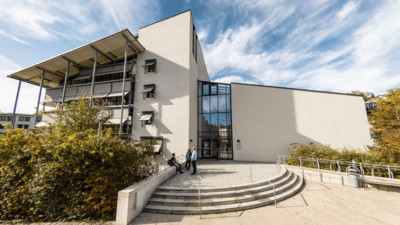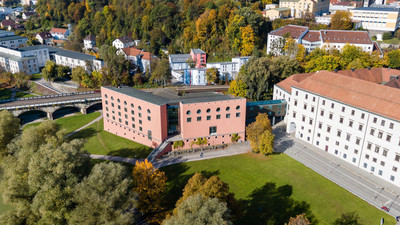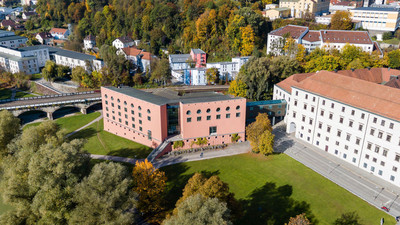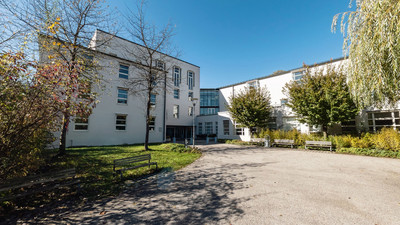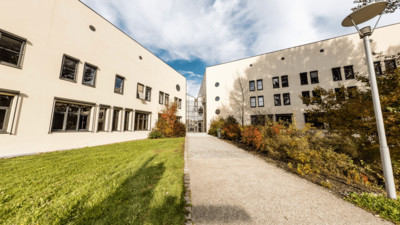Oleksandr Fylypchuk is Assistant Professor at the Department of History, Political Studies and International Relations at Yuri Fedkovych Chernivtsi National University in Ukraine. During his fellowship, he devoted himself to the study of the emergence of Christian myths on the peripheries of Christendom as part of his research project “The Making of Christian Myths in the Periphery of Christendom: St. Bruno of Querfurt and Rus'”.
In November 2024, he gave a public lecture on this topic, which focused in particular on the missionary work of Archbishop Bruno of Querfurt and shed light on the practice and challenges of early Latin missions.
Through his research, Prof. Fylypchuk brought a refreshing perspective on medieval missionary strategies to Passau. In addition, he actively participated in seminars and discussions on Ukrainian-German history led by his host Prof. Dr. Wünsch and was also involved in the seminars on medieval history led by Prof. Kohl and Byzantine history led by Prof. Kapas. In this way, he was able to present his subject area in different academic contexts.
In January 2025, a conference is also planned in Krumlov on the Vltava in the Czech Republic, where Prof. Fylypchuk will present the results of his research work during the fellowship. We hope that he found his stay at the University of Passau enriching and inspiring and look forward to a promising future collaboration between Prof. Fylypchuk and Prof. Wünsch

